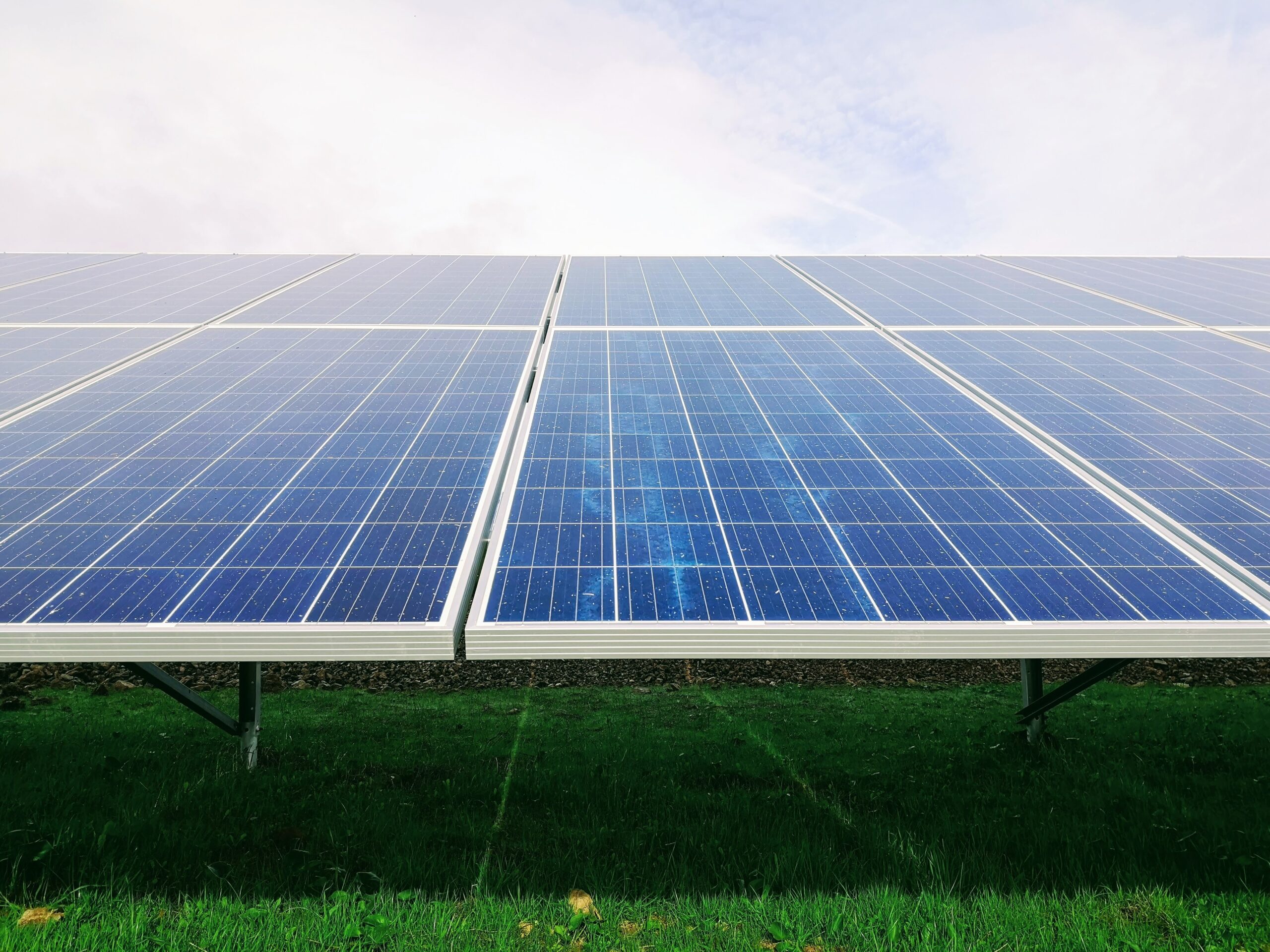Are Solar Panels Good For The Environment?
Climate change is one of the most pressing issues we face today, and there's no shortage of information about how various technologies impact the environment. Among the most widely discussed is solar power, a technology that has been around for decades and continues to gain traction for its dual benefits—environmental sustainability and cost savings for homeowners. But how exactly does it work? At its core, solar panels harness sunlight, converting it into usable electricity through photovoltaic cells. This energy can then be used to power homes, heat water, or charge devices, and any surplus can be stored in batteries for later use when the sun isn’t shining. In 2017, renewable energy accounted for nearly two-thirds of global electricity growth, with solar energy leading the charge. Countries like the United States, China, and the United Kingdom are at the forefront of adopting solar solutions, proving that this technology is both scalable and effective. A common question many people ask is whether solar panels are truly beneficial for the environment. The answer is an emphatic yes. Here are four compelling reasons why solar panels are a boon for our planet: By generating your own electricity, solar panels reduce reliance on traditional power grids, which often rely on burning fossil fuels. While some systems include battery storage to maximize efficiency, even without batteries, the daytime generation of solar power significantly cuts down on grid consumption. This reduction in demand ultimately lowers overall carbon emissions and helps mitigate climate change. Unlike conventional energy sources, solar panels produce negligible amounts of greenhouse gases during operation. Once installed, they generate electricity directly from sunlight, eliminating the need for complex transportation networks that contribute to pollution. Over time, switching to solar power can drastically shrink your household's carbon footprint, making it a cleaner alternative to traditional energy systems. The sun is Earth's most abundant energy resource, and solar panels tap into this endless supply. Unlike finite resources like coal or natural gas, solar power is sustainable for as long as the sun shines—a timeline that spans billions of years. Additionally, solar energy eliminates the need for harmful extraction methods associated with fossil fuels, such as drilling or mining, ensuring a cleaner path forward. Solar panels are designed to last approximately 25-30 years with minimal upkeep. Regular maintenance involves little more than occasional cleaning and inspection, making them far less labor-intensive than systems powered by fossil fuels. Traditional energy infrastructure often requires frequent repairs and replacements, creating additional waste and pollution. By contrast, solar panels offer a reliable, low-impact solution that stands the test of time. While there are valid concerns regarding the environmental impact of solar panel production, these issues pale in comparison to the benefits of widespread adoption. For instance, rare materials like silver, tellurium, and indium are necessary for solar panel construction, but recycling these components could address much of the initial environmental burden. As more people invest in solar energy, economies of scale will drive innovation and make recycling more feasible and cost-effective. Solar panels are typically mounted on rooftops, leveraging existing infrastructure without disrupting ecosystems. On larger scales, solar farms can be constructed in ways that minimize ecological disruption, preserving wildlife habitats and maintaining biodiversity. Even in cases where significant land use is required, the long-term benefits of solar power often outweigh the temporary costs associated with installation. Looking ahead, the growing popularity of solar energy holds the potential to power essential industries like mining and construction, further reducing their environmental impact. The challenges facing solar technology today will likely diminish as demand grows, thanks to advancements spurred by increased consumer interest. In the near future, solar panels will not only be a cleaner option but a self-sustaining one. For those eager to explore how solar power can benefit their homes, businesses, and wallets, Project Solar offers a wealth of resources and solutions tailored to individual needs. Discover the transformative power of solar energy and take the first step toward a greener tomorrow! TPU Material Wire And Cable Sleeving Tpu Material Wire And Cable Sleeving,Wire Tpu Polyurethane,Wire Cable Polyurethane Resin,Polyester/Polyether Base Tpu Resin Xuchuan Chemical , https://www.xctpu.com
Decreases Dependence on Fossil Fuels
Lowers Carbon Footprint
Infinite and Renewable Energy Source
Low Maintenance and Longevity
Addressing Concerns About Environmental Impact